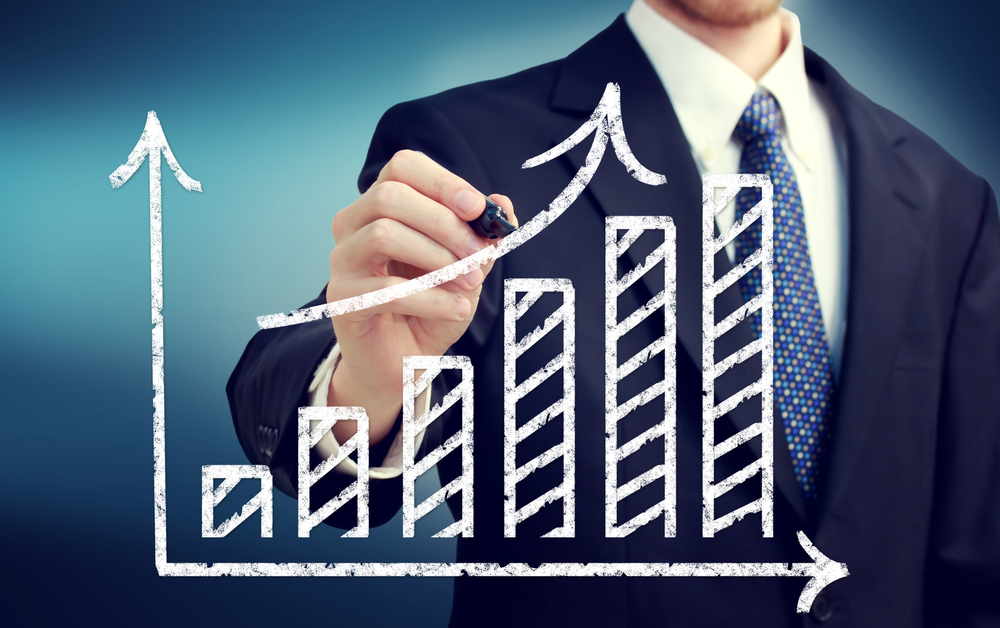
MANILA – An economist of banking giant HSBC remains optimistic on the growth of the Philippines this 2016 because the domestic economy is backed by real growth.
In a briefing Friday, HSBC Asian Economics Research co-head Frederic Nuemann said growth of the domestic economy was not credit-driven unlike in other countries.
“The Philippines is generating growth without much debt,” he said.
The economist said the economy’s fundamentals remain, backed by strong infrastructure spending, robust growth, resilient tourism and business process outsourcing (BPO) sectors, and low inflation, among others.
He also noted that the country’s current account position, which has been in surplus for years now, was among the positive boost for the economy.
Thus, he stressed the need to ensure that foreign direct investments (FDIs) continue to increase to support the current account surplus.
In terms with the upcoming May polls, Neumann said this year’s elections were different compared in the past in terms of investors’ perception.
He said there was broad consensus among the presidential candidates on the need to sustain the huge infrastructure investment.
Infrastructure spending has to increase in faster pace to ensure the construction of roads and bridges, water quality and electricity, he said.
“It’s a good thing political leaders understand that,” he said.
With positive developments onshore, the economist upgraded his growth projection for the country this 2016 to 5.9 percent, from 5.8 percent last January, due to stronger-than-expected growth in the last quarter of 2015.
For 2017, he forecasts growth to remain solid but slightly lower at 5.8 percent due to impact of external developments.
And with fundamentals remaining strong, the economist does not see a big change in the Bangko Sentral ng Pilipinas’ (BSP) overnight borrowing or reverse repurchase (RRP) rate this year.
He forecasts a 25 basis point increase to 4.25 percent to make way for the planned interest rate corridor (IRC) in the second quarter of the year.
The RRP rate is seen to increase by another 25 basis points towards the end of next year.
Neumann is not projecting a fast rise of inflation in the near term and this, along with the tightening of global monetary policy, are seen as among the hindrances for further rise in the BSP since these will impact on the local currency.